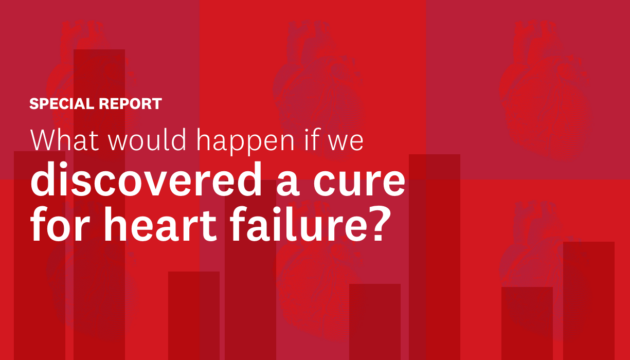Health Policy Simulation
Our work in Health Policy Simulation
-
The Troubling Health of Our Hearts
Using the Future Elderly Model, Schaeffer Center researchers analyze trends in heart failure and estimate what would happen if a cure was discovered.
Categorized in -
Reductions in Mid-Life Diabetes, Hypertension Increase Future Number of Americans with Dementia
Improving cardiovascular health at middle and older ages is not enough to slow the growth in the number of older Americans with dementia, further underscoring the need for innovations that will delay or prevent dementia.
Categorized in -
NAFTA Talks’ Potential Diabetes Threat
U.S. proposals to restrict junk food warnings will adversely affect the health of citizens in 3 countries writes Goldman and Gonzalez Gonzales in U.S. News
Categorized in -
Impact of Inequality on the Future Elderly: Policy Tools and Actions
Experts from the Roybal Center and OECD countries will come together to discuss policies for better and more equal health and economic outcomes in the retirement years.
Categorized in -
Global Aging and Inequality: USC Schaeffer Center Partners with the OECD and the University of Rome Tor Vergata
Policymakers and researchers will discuss global aging and inequality at a conference in Paris at the OECD.
Categorized in -
Innovation in Heart Failure Treatment: Life Expectancy, Disability, and Health Disparities
Using the Future Elderly Model, researchers evaluated the potential health benefits from innovation in heart failure treatment.
Categorized in -
Raising the Social Security Entitlement Age: Implications for the Productive Activities of Older Adults
Researchers evaluated the economic impact of older adults and the value of their unpaid, productive activities and financial gifts to family.
Categorized in -
Lifetime Consequences of Early-Life and Midlife Access to Health Insurance: A Review
The researchers reviewed 112 experimental or quasi-experimental studies on the effects of health insurance prior to people becoming eligible for Medicare on a broad set of outcomes.
Categorized in -
Projecting Diabetes Prevalence among Mexicans Aged 50 Years and Older: The Future Elderly Model-Mexico (FEM-Mexico)
This study estimated the future prevalence of diabetes among Mexico’s older adults to assess the current and future health and economic burden of diabetes.
Categorized in -
Using Self Reports or Claims to Assess Disease Prevalence
Patricia St. Clair and her colleagues assess prevalence of diabetes and heart attack in the US elderly population across the most well used data sources for estimation.
Categorized in









